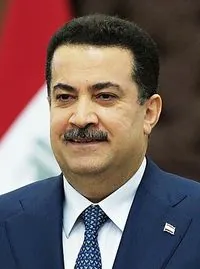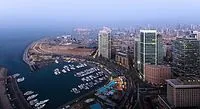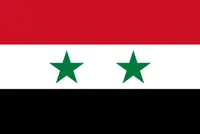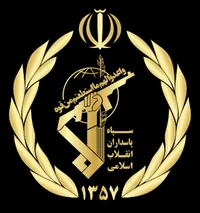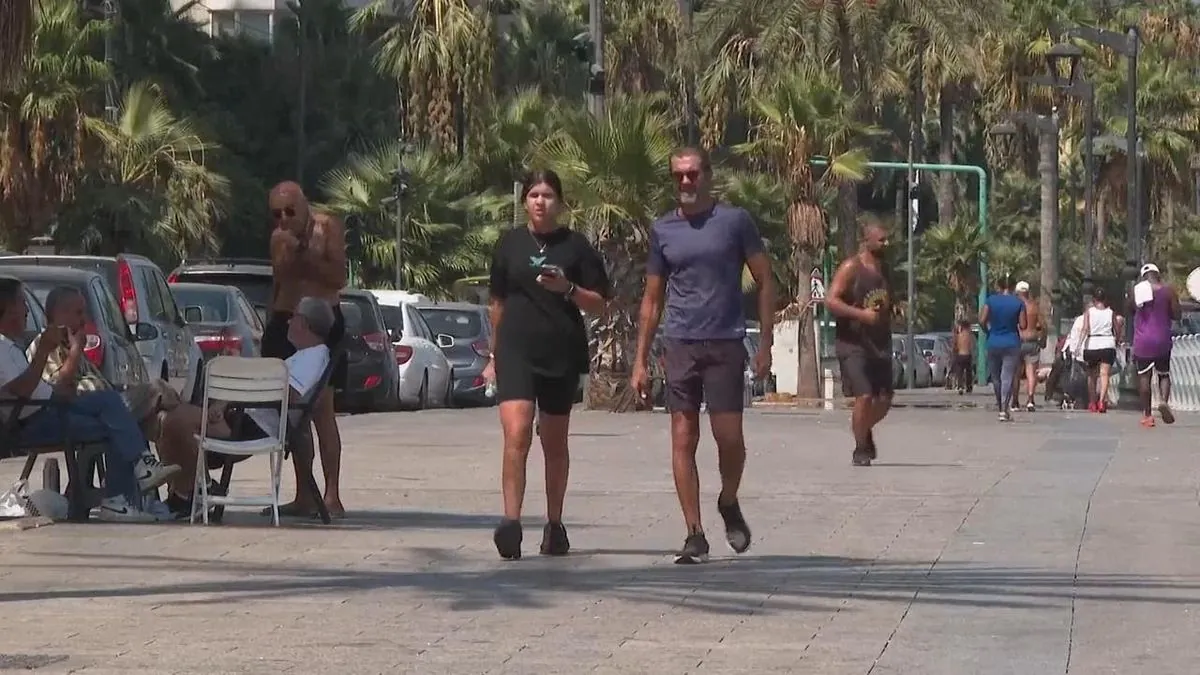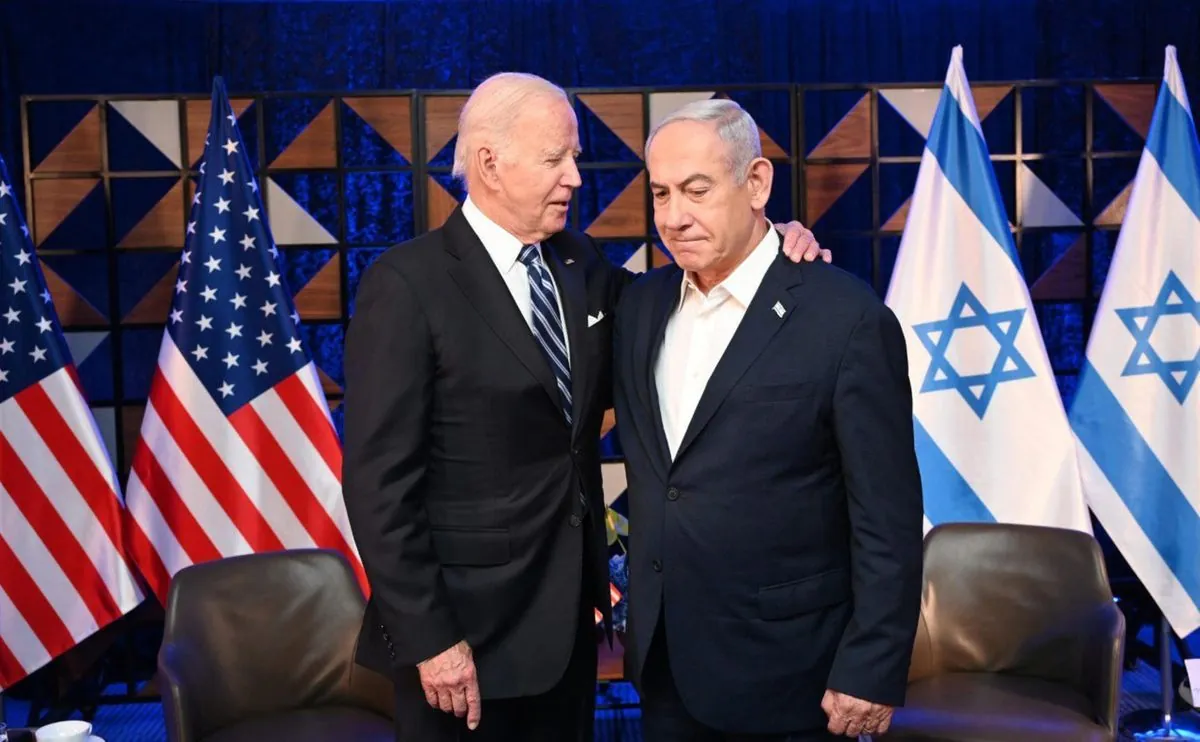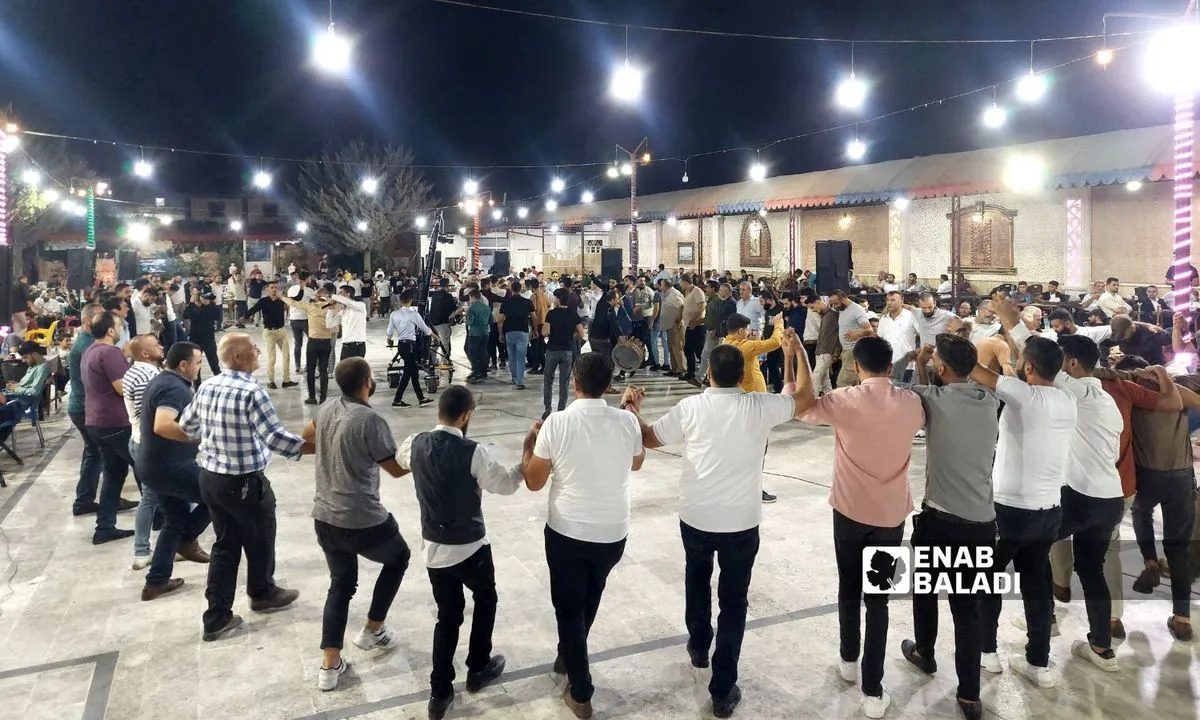Hezbollah Leader's Death Shakes Lebanon's Political Landscape
Confirmation of Hassan Nasrallah's demise sparks mixed reactions in Beirut. Shia Muslims mourn, while others see potential for political change amidst ongoing Israeli strikes.
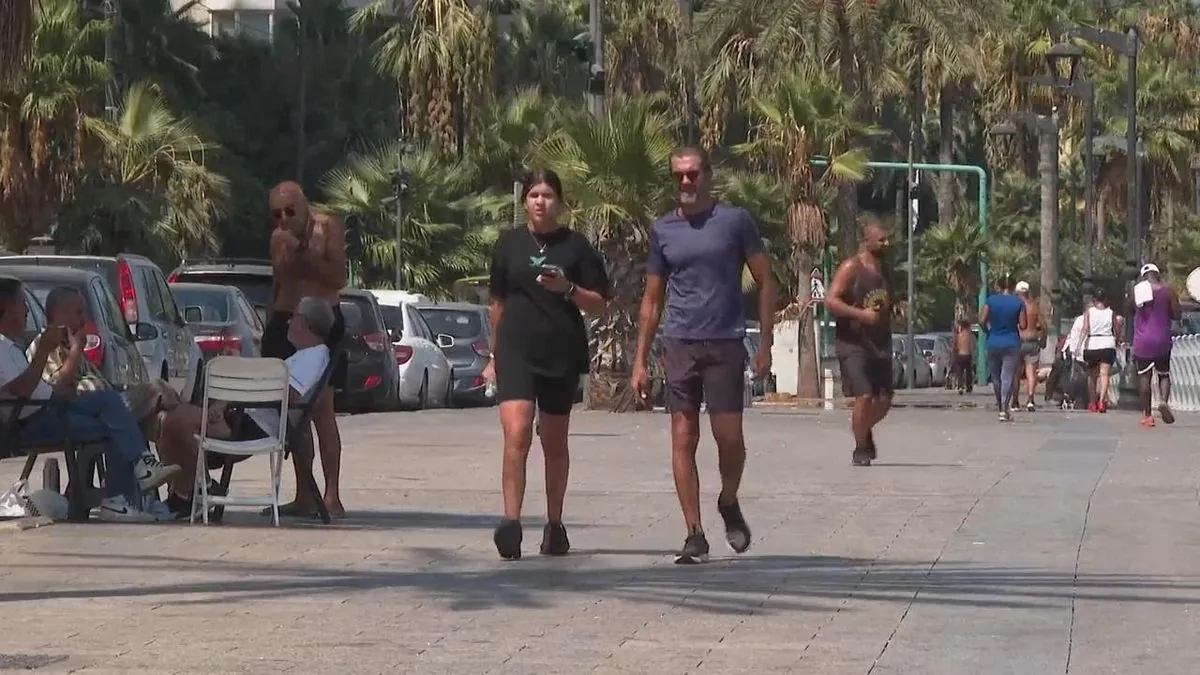
In a shocking turn of events, Hassan Nasrallah, the long-standing leader of Hezbollah, has been confirmed dead following an Israeli strike. The news, initially met with disbelief, has sent ripples through Lebanon's complex political landscape.
Hezbollah, founded in 1985 during the Lebanese Civil War, has been a dominant force in the country's politics and society for decades. Nasrallah, who assumed leadership in 1992, was revered by many Shia Muslims as a resistance hero and champion of their community.
In Beirut's Martyrs' Square, where displaced Shia residents had gathered, the announcement was met with profound grief. "Ya Allah! Ya Allah!" cried one woman, while others struggled to come to terms with the loss of their "sayyid" or "master."

Hezbollah's statement praised Nasrallah as "a great martyr, a heroic, daring, brave, wise, insightful and faithful leader." The organization, known for its extensive social services network and strong military wing, now faces an uncertain future without its charismatic leader.
"His Eminence, the Master of Resistance, the righteous servant, has passed away to be with his Lord."
The impact of Nasrallah's death extends beyond the Shia community. Some Lebanese citizens, speaking anonymously, expressed hope for political change. "It is a step in the right direction," said one shopkeeper in Christian eastern Beirut, reflecting the polarizing nature of Hezbollah's influence.
Hezbollah's power in Lebanon has been significant, with a military strength estimated to surpass that of the national army. The group's involvement in Syrian Civil War since 2012 and its alleged global activities have drawn international scrutiny and sanctions.
As tensions rise, the Lebanese military has deployed to potential flashpoints between different communities. The situation remains volatile, with fears of sectarian conflict reminiscent of the 1975-1990 civil war.
Meanwhile, Israeli bombardments continue to displace Shia civilians from southern Beirut. Nearly 200,000 people have fled, with many sleeping in public spaces as aid agencies scramble to provide shelter.
The coming days will be crucial for Lebanon's future. While some see Nasrallah's death as an opportunity to normalize Lebanese politics, others fear potential instability. The international community watches closely as Lebanon navigates this pivotal moment in its history.













